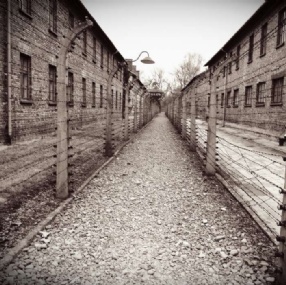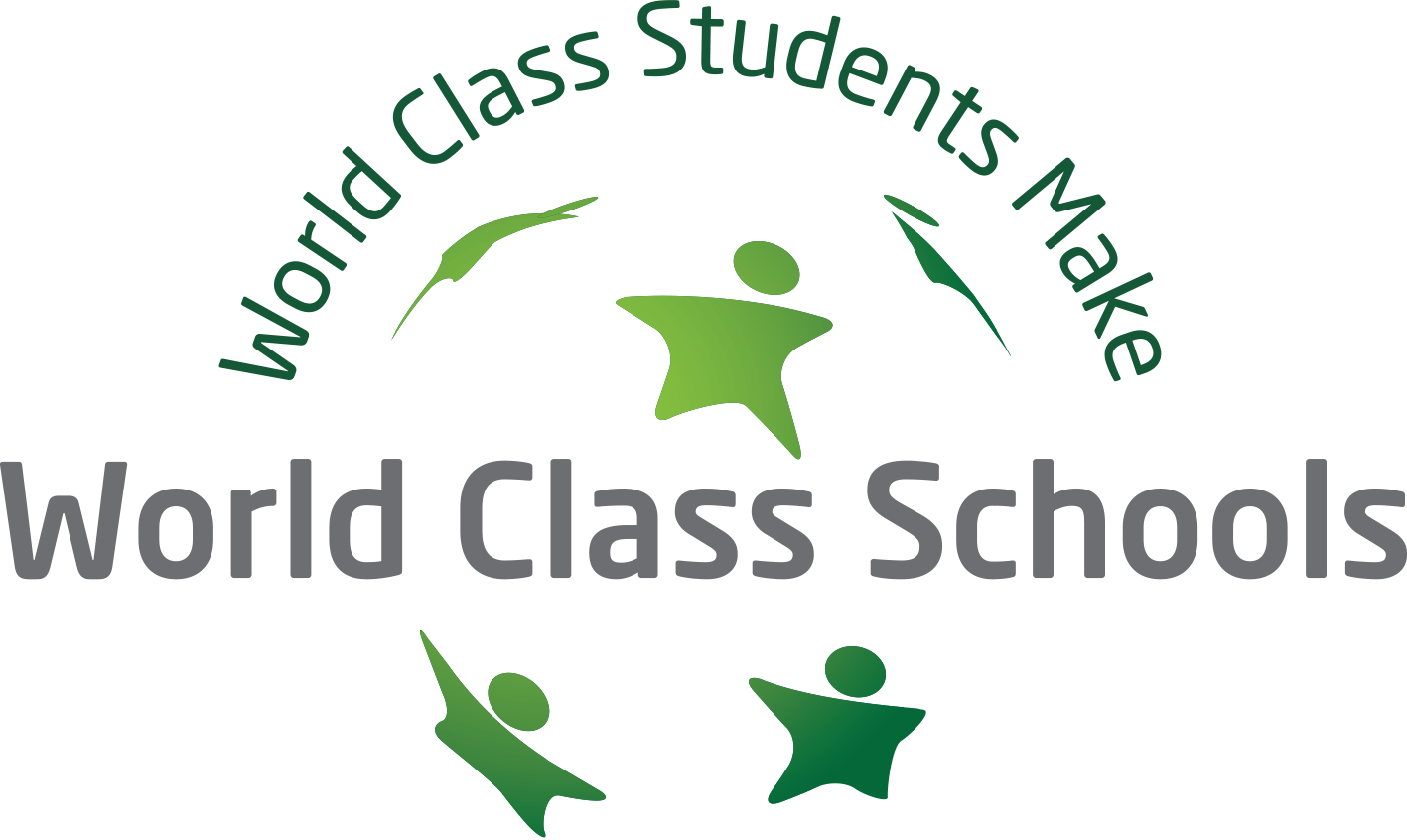The Beginning of The End

March 22nd, 1933 was the start of the calamitous catastrophe of the concentration camps, where around 5.9 million Jews were killed. All this chaos, all this tragedy, was caused by one man and his name was Adolf Hitler. One human dictated the death of over 5.9 million others.
The Holocaust was a mass killing, full of hate and prejudice. Millions of people arrived at the concentration camps not knowing the danger and the hell they were about to face.
And all of this happened less than a hundred years ago! Can you imagine living in such horrendous circumstances? Mothers and fathers, children and grandparents were killed or put in inhuman lifestyles. Inhuman! An unimaginable word with a horrific past. This word’s scars are filled with the pain of the people who know this kind of world. Those people would have been scarred for life; that’s if their lives weren’t destroyed.
Left or right. Which would be your path? Straight to the gas chamber, or hard labour in horrific conditions with diseases spreading like wild fire.
This heart-breaking story was the beginning of the end.
Earlier this year, I interviewed my grandad who grew up as a practising Jew during WW2. He introduces himself as Brian Sabel (my grandad) and he comes from a Jewish family. He also wants everyone to know that when the war started, he was little so he is basing this on what he’s heard about and how it affected anybody he knew.
Can you remember when you first became aware of the Holocaust?
I do remember. It was in 1944 and I was 8 years old. It was when the British and Americans started going into to Germany and capturing their soldiers. Richard Dimbleby was the reporter and went to the Belsen concentration camp. He reported on how awful it was and that adults and children were dying. I remember us not knowing, even though there were reports of concentration camps before the war. This was one of my memories. Everyone being so shocked. Most British people weren’t aware of what was going on until that report of the Belsen concentration camp and it was all on the radio.
Have you ever known someone who was sent to a concentration camp?
I know someone who was part of the Kindertransport (a British scheme to rescue predominantly Jewish children from Nazi occupied territories). My cousin’s husband (who’s family was German/Jewish) was arranged to come over to England with his sister on the Kindertransport. Luckily, they had got out just before the Nazis started forcing all Jews to concentration camps. Once the Nazis came to power and started persecuting the Jews, all of them were desperate to leave. I don’t think I know anyone personally to have gone to any concentration camp, but I think his family were killed in the Holocaust. The ones that didn’t get out (generally the old) were killed once they arrived or normally killed from poor conditions.
What was it like as a Jew being evacuated?
In the war, I lived in a part of London with a lot of bombs. So my parents thought it would be best if we left London and we came down to Devon! My brother and I were sent down to a children’s home near Sidmouth in Devon. I had hated it there. I missed my parents but at Christmas time I remember there being lots of presents. Because we were Jewish, we hadn’t celebrated Christmas before. I’d remember being upset because they’d opened the presents and I wanted them to be kept in the nice Christmas wrapping! That was the only Christmas I remember because we would have Hanukkah and that was a different festival at roughly the same time.
Did you do something to remember the people who had died in the Holocaust?
I don’t know because the Holocaust Memorial is a modern thing. When I was young it was never remembered. The main thing I had done was when we went to visit my cousin and her husband (the Kindertransport) in Jerusalem, we saw the Yad Vashem. It’s a special memorial for the Holocaust. That was very, very sad. They killed all the people and the children. They only kept the ones that could work, and they usually died in the end. It was a terrible, terrible thing.
Did you know how your parents felt?
My father had a shop that sold clothes for boys and in 1932 he had to go in the army, so my mother had to run the shop. He went to Africa and didn’t come back until 1945. We had an old granny who came to live with us, so she was with us during the war. It was a very hard time for my mother. She had to run the shop and look after 3 kids. My sister was very little. In fact, when my father came back home, she didn’t recognise him and hid under the table. He had aged.’
What words come to your head when you think of the Holocaust?
Horrific and inhuman.
Is there anything else you would like to add?
It’s very important to remember that these things happen all around the world and the same thing is, it never seems to stop. There are still wars, there are still killings. I am so sorry now for the Russians and Ukrainians who are forced to fight. I think it’s a terrible thing to be prejudice. No matter who you are, it gives no excuse for people to be nasty to you. We are all the same. We are all the same.
If you found this interesting, here are some books I recommend reading:
The Boy in the Striped Pyjamas by John Boyne
When I started to look into the Holocaust I immediately knew that I must read this book! It was really interesting, and I loved the friendship of the two boys in this book. I was so surprised near the start of the novel once I realised the scenario of the main character. It was something I’d never expected – and I loved it! The Boy in the Stripped Pyjamas is such a classic!
The Boy Who Didn’t Want to Die by Peter Lantos
This book came out fairly recently, and I new it was a must get. It was written by a Holocaust survivor and as you read the book, he tells you his story of this tragedy. I am only part way through this book, and I am already touched. It starts with a child who’s taken (with his family) across Europe and then he arrives in Belsen Concentration Camp. It’s a rare insight from the viewpoint of a child in the words of the man he later became.
By Darya Ghorbannia





